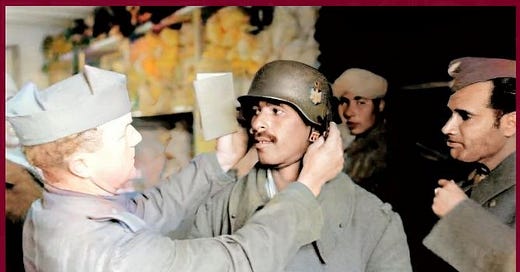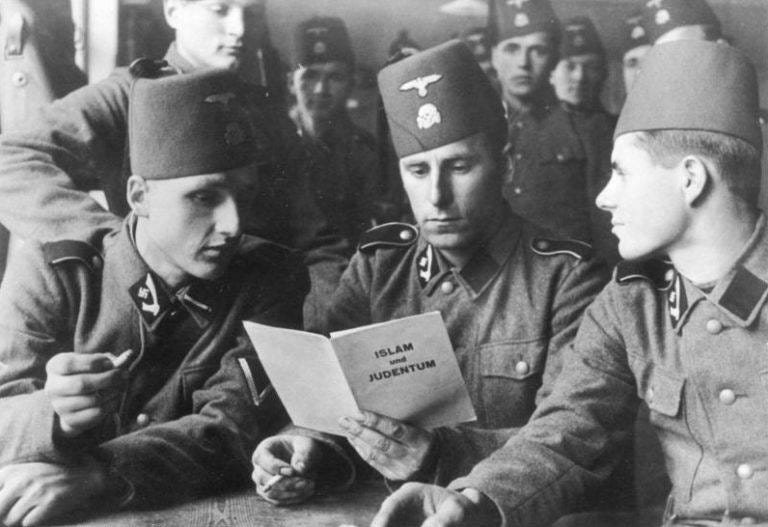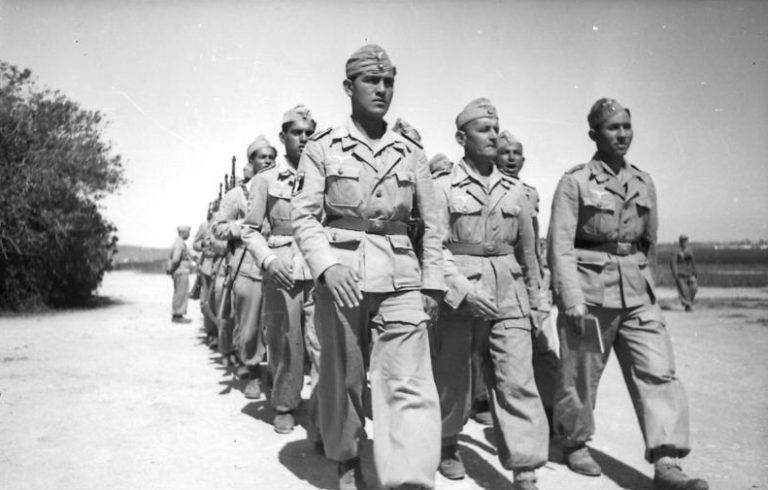Arab Volunteers in the German Forces During the Tunisian Campaign (1942–1943)
The Role of the Free Arabian Legion and Its Impact on the North African Front
During the Tunisian Campaign of World War II (November 1942 to May 1943), the German military incorporated Arab volunteers into their ranks, forming units such as the Free Arabian Legion. These formations were composed of individuals from the Middle East and North Africa, including local Tunisians, who were recruited to support Axis operations in the region.
Formation and Composition of the Free Arabian Legion
The Free Arabian Legion was established as a collective term for several units formed from Arab volunteers. Its origins trace back to early 1941 when Iraqi politician Rashid Ali al-Gaylani and the Grand Mufti of Jerusalem, Amin al-Husseini, sought Axis support against British influence in the Middle East. Following the failed coup in Iraq, many Arab sympathizers fled to Europe, where they were recruited by German forces. The Legion included volunteers from Iraq, Syria, and North Africa, organized into units like Sonderverband 287 and Sonderverband 288. These units were intended to serve as both propaganda tools and combat forces, aiming to foster pro-Axis sentiments among Arab populations.
Deployment in Tunisia
In late 1942, as Axis forces faced increasing pressure from Allied advances in North Africa, elements of the Free Arabian Legion were deployed to Tunisia. The Deutsche-Arabische Lehr-Abteilung, originally part of Sonderverband 287, was transferred to Tunisia in early 1943. This unit was tasked with recruiting local Arabs, forming a second battalion used primarily for guard duties and construction tasks. Despite these efforts, the performance of these units was limited, and they were unable to significantly impact the course of the campaign.
Challenges and Legacy
The integration of Arab volunteers into the German military faced numerous challenges. Cultural and language barriers, limited training, and logistical issues hindered the effectiveness of these units. Moreover, the rapid progression of Allied forces in Tunisia culminated in the surrender of Axis troops in May 1943, leading to the capture of many members of the Free Arabian Legion. This episode highlights the complex and often overlooked aspects of World War II in North Africa, reflecting the diverse motivations and experiences of those involved.
Understanding the role of Arab volunteers in the German forces during the Tunisian Campaign provides a nuanced perspective on the region's wartime history, illustrating the interplay of local and global forces during a pivotal moment in the conflict.
Sources:
Wikipedia: "Free Arabian Legion"
Historical Archives and Military Documents on WWII in North Africa
Photographs and Records from the German Federal Archives








